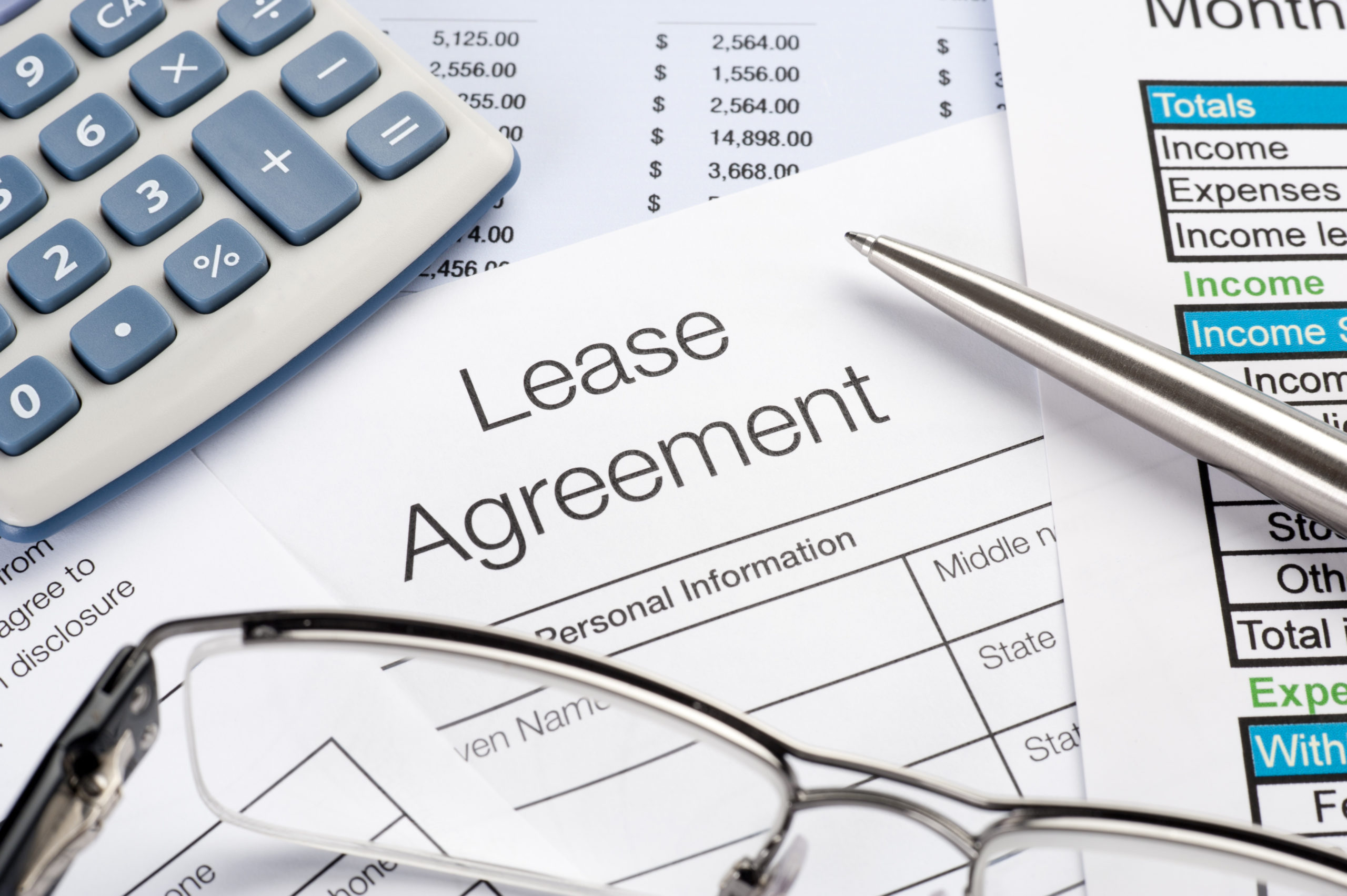You’ve probably heard of capital leases and operating leases, but you may not know exactly what they are or how they differ. Here’s a quick rundown of capital lease vs operating lease and how they can impact your business.
Capital lease:
Capital lease refers to a business entity’s use of tangible property owned by a separate legal person (i.e., not the business) for which the use is leased to the business rather than purchased outright by the business. In many cases, capital lease payments may be tax deductible.
A typical example would be a real estate developer purchasing land under contract or option. If he then sublets or rents some of his space to tenants who pay him rent, he has incurred a cost associated with the purchase of this property, and any rental income received is considered ordinary income.
However, if the tenant purchases the entire building from the developer at fair market value and leases it back to the developer, the latter has instead acquired the facility directly and thus incurred no capital costs. Instead, the tenant pays only normal income taxes on its profits.
A similar situation occurs when corporations lease their facilities to third parties, e.g. a manufacturing company might lease its factory to another company. Because the corporation retains ownership of its assets, it does not incur any capital expenses; however, it receives additional revenue.
Operating lease
An Operating Lease is just what its name implies, an agreement where someone owns something without actually owning it; their rights are tied to the ownership of someone else. In legal terms this means they have no right to sell the property or dispose of it without permission.
There are two types of operating leases: a finance operating lease and a ground operating lease. A finance lease gives the lessee the use of the equipment under an exclusive rental contract. Under a ground lease, the lessee has possession of the equipment but if he decides to sell then he would still own the equipment. The lessor may want to purchase the equipment lease at some point.
Both types of leases are subject to the same rules and regulations, however, a finance lease does not need the approval of the lessor while a ground lease requires his permission.
However, equipment leasing provides the lessee with a better tax advantage. Furthermore, it is easier for a lessee to get financing for an equipment lease than for another type of financing.
Remember, earth moving equipment leasing may be the best option for you if you need new equipment.
So, which type of lease is right for your business? Here are 8 things to consider when making the decision:
1. The type of asset you’re leasing.
If you’re leasing a long-term asset, like a piece of equipment or a vehicle, a capital lease is likely the better option. If you’re leasing a short-term asset, like office space or a computer, an operating lease may be the better choice.
2. The length of the lease.
Capital leases are typically longer than operating leases, so if you’re looking for a shorter-term agreement, an operating lease may be the way to go.
3. The terms of the lease.
Be sure to carefully review the terms of any lease agreement before signing. With a capital lease, you’ll be responsible for all costs associated with the asset, so it’s important to make sure you can afford the payments. With an operating lease, you’re only responsible for the use of the asset, so you’ll want to make sure the terms of the agreement are favorable.

4. The impact on your balance sheet.
Capital leases can have a significant impact on your balance sheet, as the asset is considered part of your company’s assets. Operating leases, on the other hand, are considered off-balance sheet items and don’t have the same impact.
5. The impact on your taxes.
Capital leases are typically treated as taxable income while operating leases are not. This can impact your tax bill, so be sure to talk to your accountant about the best option for your business.
6. The impact on your cash flow.
Capital leases can require a large upfront payment, which can impact your cash flow. Operating leases, on the other hand, typically have smaller payments spread out over the term of the lease.
7. The ease of termination.
If you need to terminate a lease early, it can be difficult to do so with a capital lease. Operating leases, however, typically have more flexible terms and can be terminated with less hassle.
8. The overall cost.
When all factors are considered, the overall cost of a capital lease is typically higher than an operating lease. However, it’s important to weigh all of the factors before making a decision, as the right lease for your business will depend on your specific needs.
Final Words
In conclusion, operating leases offer greater flexibility than capital lease financing, which means that buyers who want to quickly move from location to location will be able to use them more often.

